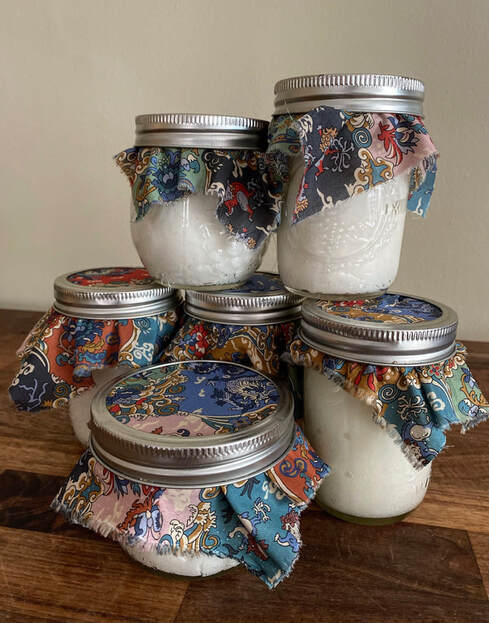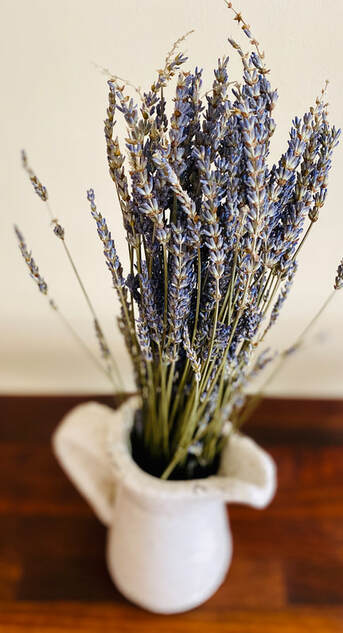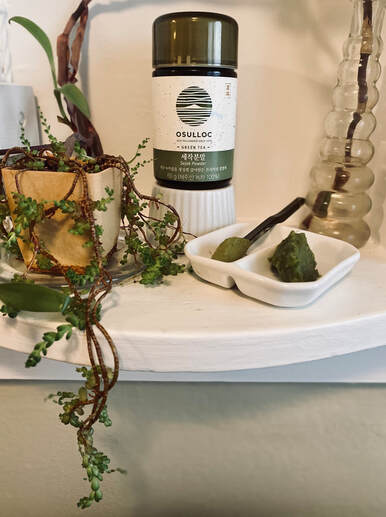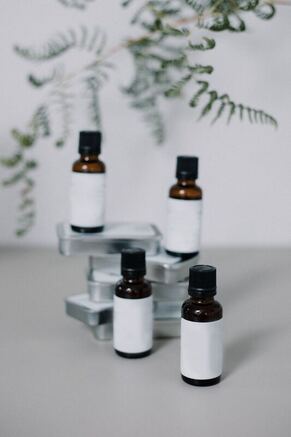Skin NutritionWhat you apply to your skin is just as important as what you put in your body - if you are concerned with what you put in your body, you should also be concerned with what you put on it. Your skin is the largest organ in the body (in terms of surface area), after all, and plays an incredibly important role in immunity, among other functions like insulation, temperature regulation, sensation, synthesis of vitamin D, and the protection of vitamin B folate. When we think of skin nutrition, however, we typically give it very little attention. We should be treating our skin with nourishing foods and treatments to nourish the body - just as we should be careful of what we are eating and drinking. Coconut oil is great not only for consumption. One can also apply it to the skin and hair as a topical agent - perhaps you've seen it among the plethora of skin care lines available at the store. But do you know why it's good for the skin? Read on to learn how to make DIY coconut-based body care products for a fraction of the price. Coconut for the SkinCoconut oil is obtained from the from the dried nut (fruit) of the coconut palm made up of 52 - 85% medium-chain fatty acids commonly used as a moisturizer or conditioner for skin or hair. Topically, coconut oil is used for psoriasis, eczema, dry skin, and preventing hair damage, and current research suggests it might possibly be effective for eczema treatment as well. Application of virgin coconut oil 5 mL twice daily for 8 weeks results in two-fold more patients and reduces symptom severity by about 30% more than mineral oil in children (1). Preliminary clinical research shows applying coconut oil twice daily improves skin moisture and skin lipid levels in patients with mild to moderate dry skin. They also found coconut oil to be comparable to mineral oil. The results for psoriasis are mixed, suggesting more evidence is needed (1). What about "virgin" coconut oil? Unlike olive oil, there is no industry standard for the meaning of "virgin" or "extra virgin" coconut oil. It is, however, meant colloquially as unprocessed, that which has not been bleached, undergone refinement, or deodorization. And "cold pressed"? This generally means the process of extracting the oil is done without any external heat source. Instead, look for brands that are "unrefined", which means the oil is from fresh coconut meat, not dried. When oil is extracted from fresh and is unrefined, the process is quick and simple without requiring high heat, bleaching/deodorizing, or additives. There are many to choose from, but if you're looking for an ethical, fair trade brand with all the bells and whistle's, then choose Nutiva. There are few other notable brands, but this is the easiest to find. Other Skin Care IngredientsMatcha is a high-grade green tea ground into a powdered form. Originally, it was consumed in China and later brought to Japan in the early 12th century by Chinese Buddhist monks. Unlike in China, it quickly gained popularity as ceremonial drinking tea in Japan, developed as a spiritual practice of the practice of harmony, respect, purity, and tranquility. Topically, green tea is used to soothe sunburn, as a compression for headaches or tired eyes, used as a poultice for bags under the eyes, and to prevent skin damage from the sun and other environmental causes (3). Additionally, it's shown to have anti-inflammatory and antioxidant effects in human skin with anti-aging effects by decreasing inflammation and scavenging free radicals (4). When green tea is combined with traditional sunscreens, there may be an additive or synergistic protective effect. Also, found to improve wound healing (3, 4). Lavender belongs to the family of Lamiaceae and contains linalool and linalyl acetate, which are responsible for sedative and narcotic actions. Together, they can promote anti-anxiety effects, help with sleep disturbance, improve the feeling of well being, support mental alertness, suppress aggression, and promotes wound healing (5). Body Care RecipesBefore we move into all the fantastic ways to use coconut oil for skin care, I highly recommend testing coconut oil on a small area of your skin before moving forward with any new skin care regimens. It’s best to apply coconut oil to your face and body in the same spot for 3-4 days in a row, which will allow you to know if you have any abnormal reactions to coconut oil. If all is well, then you may proceed to use for further treatments. Lavender Coconut Body Scrub 1 cup coconut oil at room temperature 2 cups sugar 10-20 drops lavender essential oil In a food processor, add the sugar and process until sugar breaks down into a fine powder. You can omit this step, but your skin would prefer for you follow this suggestion. Then, in a stand mixer, whip the coconut oil with the sugar. While the machine is running, add the lavender essential oil. Pack in jar - optional - top with dried lavender flowers and fit with a lid. Use: This can be used every 1-2 weeks on your face, neck, hand, legs, arms... everywhere! Allow to sit on the skin after scrubbing for up to 5 minutes, then rinse. Storage: Keep away from moisture and have a spoon handy to scoop out the body scrub to avoid contact with water. Matcha Moisturizer 1 cup coconut oil at room temperature 2 tablespoons matcha powder In a bowl, mix coconut oil with matcha until uniform. Pack in a jar with a fitted lid. Use: This can be used daily on your entire body. It will not turn your skin green, despite it's dark green color. Coconut Hair Mask (makes 1) 2-4 tablespoons coconut oil at room temperature 5-8 drops essential oil* Mix ingredients thoroughly and apply to hair (not scalp). Leave in for 30-60 minutes, then rinse. It may take several days for the oil to come out, and it entirely depends on your hair. Some say warm water while others use an egg wash OR a combination of shampoo and conditioner. *Essential oils for the scalp will depend on the condition of your hair. Here's a list to help navigate: Tea Tree Oil - for flakiness and dandruff Peppermint Oil - for greasy and dry hair with cooling effect, promotes hair growth Lemon Oil - for oily hair Lavender Oil - for all types Rosemary Oil - for all types Precautions: Test a patch of skin for direct oil applications. Use a carrier oil if your skin is sensitive. For children, pregnant or nursing women, and the elderly, exercise extreme caution when using essential oils and work with a qualified practitioner. Like what you see? Check out more body care by exploring citrus for the skin as well. 1. Evangelista MT, Abad-Casintahan F, Lopez-Villafuerte L. The effect of topical virgin coconut oil on SCORAD index, transepidermal water loss, and skin capacitance in mild to moderate pediatric atopic dermatitis: a randomized, double-blind, clinical trial. Int J Dermatol. 2014 Jan;53(1):100-8.
2. George SA, Bilsland DJ, Wainwright NJ, Ferguson J. Failure of coconut oil to accelerate psoriasis clearance in narrow-band UVB phototherapy or photochemotherapy. Br J Dermatol 1993;128:301-5. 3. Natural Medicines Database. Green Tea. https://naturalmedicines.therapeuticresearch.com/databases/food,-herbs-supplements/professional.aspx?productid=960. Retrieved on 12/2019. 4. Stallings AF, Lupo AP. Practical uses of botanicals in skin care. J Clin Aesthet Dermatol. 2009 Jan; 2(1): 36-40. 5. Koulivand PH, Ghadiri MK, Gorji A. Lavender and the nervous system. Evid Based Complement Altern Med (2013), 10.1155/2013/681304. 6. Kim S, Kim HK, Yeo JS, Hong SJ, Lee JM, Jeon Y. The effect of lavender oil on stress, bispectral index values, an dneedle insertion pain in volunteers. J Altern Complement Med, 17 (2011), pp. 823-826.
5 Comments
|
SEARCH ARTICLES BY CATEGORYAll Dough & Noodle Main Nosh Sauce Or Spread Skin Soups & Stews Spices Sweets READ NEXTMOST POPULAR |
Copyright © 2015 Ranelle Kirchner - All Rights Reserved - Designed by Adrian Daniel Schramm



